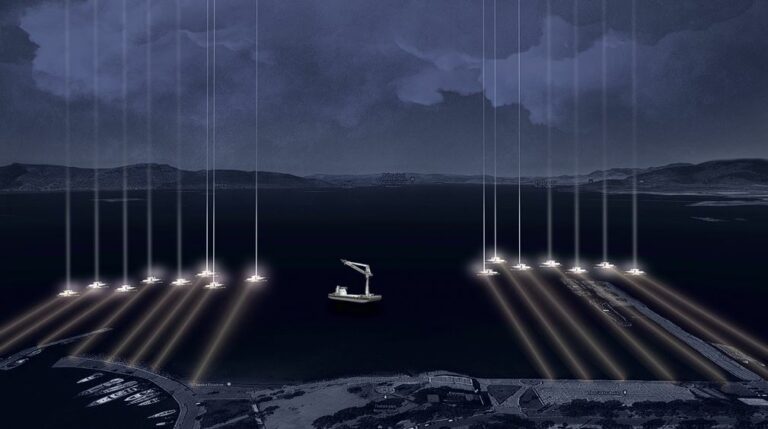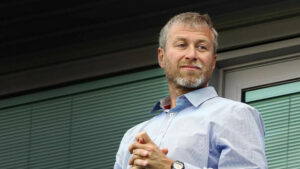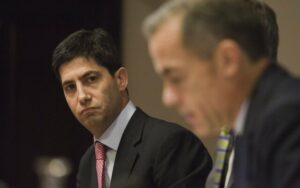An extensive feature titled “Elefsina, European Capital of Culture 2023, the city of contrasts” is published in today’s issue of the French newspaper Le Monde, presenting the views of various actors on the problems and challenges that the city has been facing for years and to what extent the institution of the Cultural Capital can help it.
The newspaper points out that “four hundred and sixty-five events with 192 Greek and 137 foreign artists will be organised in 30 different parts of the city, which are coming back to life and becoming places of culture”.
“This small city – the smallest European capital of culture that has ever been elected – brings together very contemporary issues, such as issues of deindustrialization, unemployment, immigration, the environment, and that is why it was chosen,” says the director and artistic director of the event, Michael Marmarinos, to the newspaper, while Despina Geroulanou, president of Elefsina 2023, notes that “small towns, often in a difficult position, are projected precisely to have the opportunity to change their image and define their future through culture, research, and art.”
The newspaper characterizes Elefsina as “a city of contradictions, mysteries, and myths, which is fascinating precisely because of these contrasts” and underlines that “the archaeological site next to the factories, the abandoned ships at sea and the inhabitants who arrived from all parts of Greece form an extremely interesting mosaic”.
On February 4, the paper continued, the opening ceremony featured an extraordinary sound and light show over the sea, attracting more than 15,000 visitors. “Our city turned into a huge outdoor festival. We only saw smiles, emotion and pride and, despite the problems we all face (financial crisis, inflation, etc.), we escaped a little from everyday life”, says the mayor of the city, Argyris Oikonomou.
For his part, the president of the Labour Centre of Elefsina, Vangelis Liggos, points out to the newspaper that “a part of the world is interested in the cultural events that are organised, but when the quality of life is degraded, the residents are concerned with practical issues of everyday life. With inflation, for example, it is very difficult for a worker to get around since no public transport has been developed in recent years.” The publication finally states that the degraded environment continues to worry residents and that for Christos Christakis, a member of Ecoeleusis, a local association that fights for the protection of the environment, the status of the European Capital of Culture has not made it possible to understand important issues and solving, in particular, the issue of shipwrecks in the bay, which represent a ticking time bomb for the environment.
Ask me anything
Explore related questions





